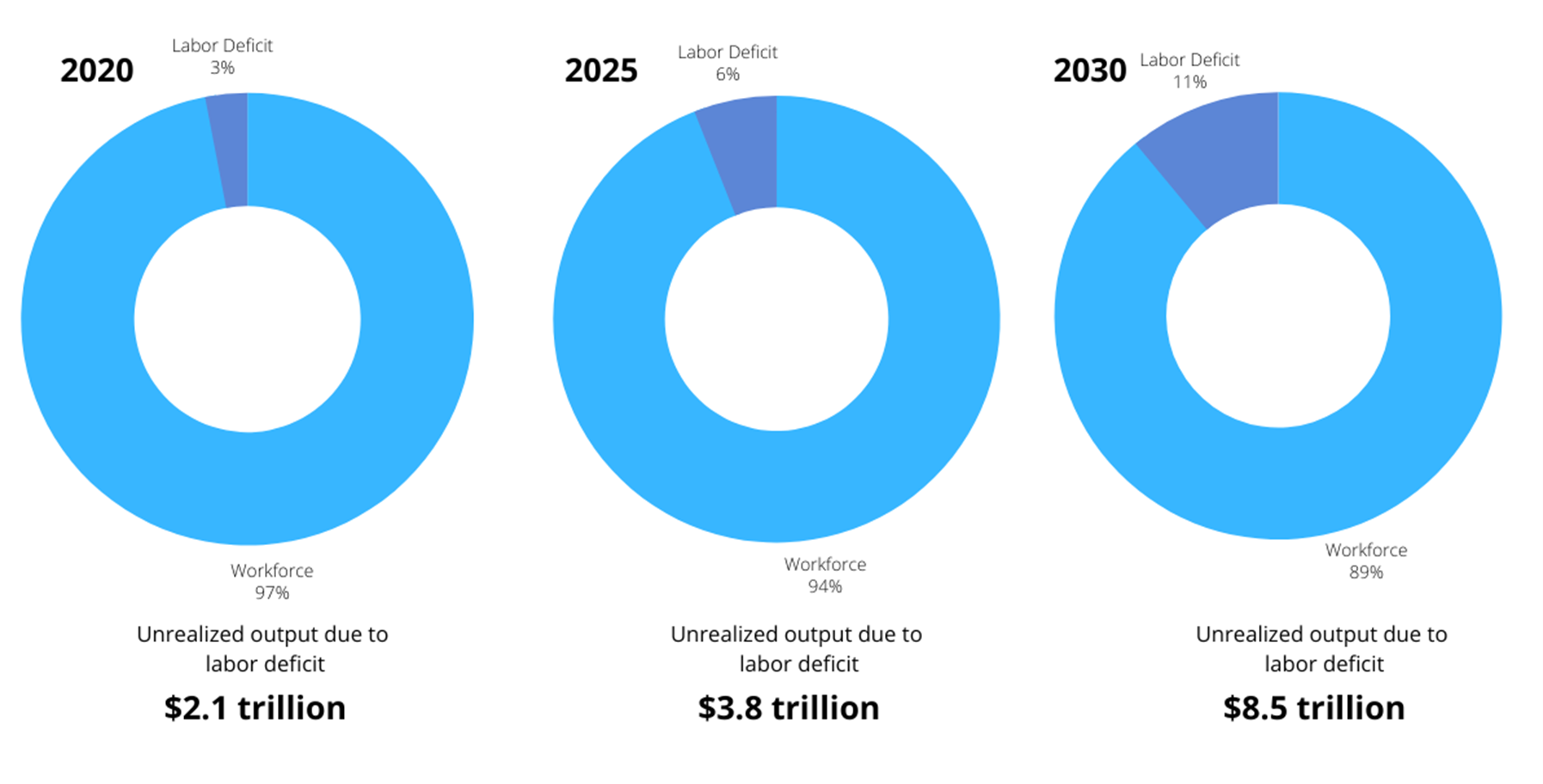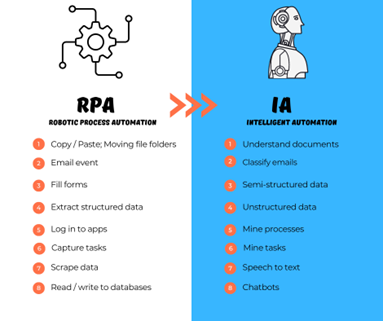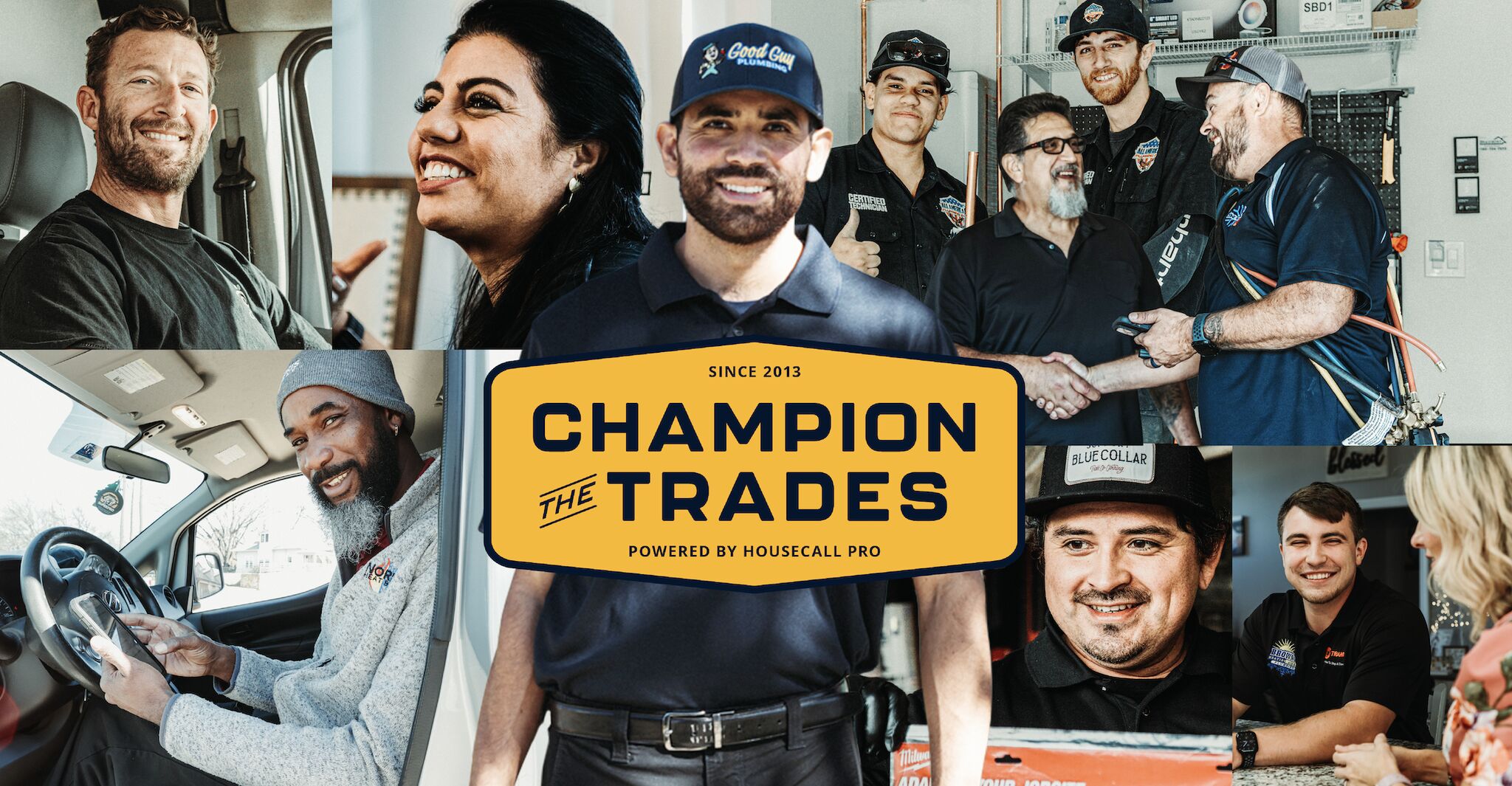Q&A with Tquila CEO, Tom Abbott
Q: What is the company’s mission and values? How do you live by those words?
Tquila Automation seeks to help businesses dramatically improve the way things are done through intelligent automation. We offer a full end-to-end service from automation strategy to design and build, plus continuous improvement for robotic process automation, machine learning and artificial intelligence projects.
‘Relentless’ is one of our core values, as we’re passionate about driving customer success. As much as we live by those values, our clients recognize it in us as well. We have continually scored 4.8 / 5 and above in customer satisfaction surveys.
Our goal is to be the market leader in our core markets. We will do this by constantly providing value and service excellence. The automation market is set to scale significantly over the next few years and with a whole host of technology becoming available, we want to simplify this for businesses. We want organizations of all sizes to be able to leverage the best team to drive the best results.
Q: What are the best ways for companies that are new to automation to begin their journey?
In our experience, businesses automate one or two processes with a high success rate and then struggle to scale beyond that for multiple reasons: lack of alignment at leadership, choosing the ‘wrong’ processes to automate, weak benefit cases, failing to consider the change management on people and processes and then ultimately losing momentum in the program.
Our advice is to discover a pipeline of digital transformation opportunities that offer the highest rate of return before scaling across an enterprise. In order for companies to succeed, they must align a vision for automation that can be adopted across the wider enterprise and tie that vision to the companies’ goals. Businesses that do this, have a much higher success rate when delivering real results.
Q: The origin behind Delta-v’s name is the total effort required to change from one trajectory to another. In that light, what do you think your next phase of trajectory growth will be after the partnership?
With the support of a well-established cloud services partner like Delta-v, we are leveraging their knowledge and experience to help us build a market-leading team of the most talented individuals in the intelligent automation space. With their support, we are accomplishing this through both an organic and inorganic growth model.
The demand for intelligent automation capabilities is increasing across North America and Europe and to meet it, Tquila is scaling operations in each market. With Delta-v’s support, we have just opened a Global Service Delivery Center in Romania and we’re in the process of launching a go-to-market team out of Amsterdam, Netherlands. Other priorities include attracting and nurturing our own talent and looking at other complementary offerings to intelligent automation that would help drive success for our clients.




